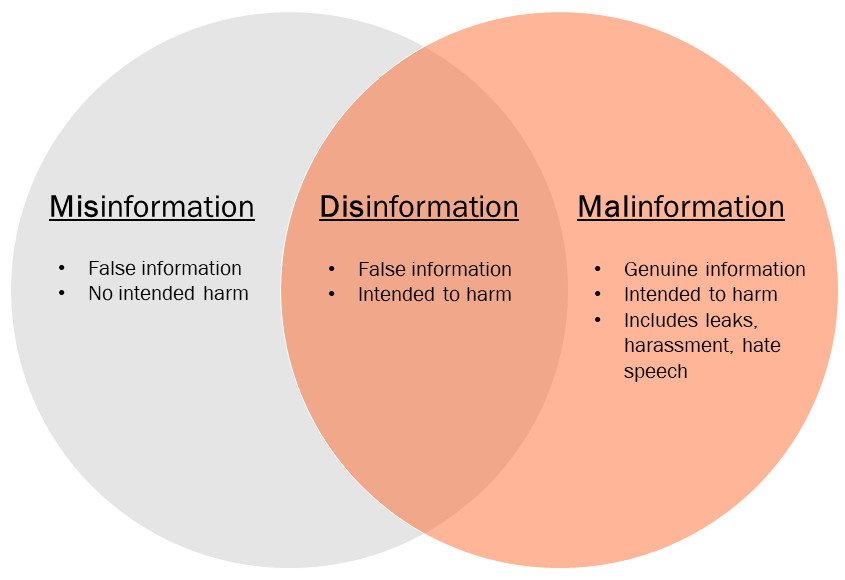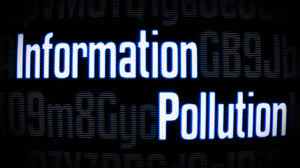An important element of success in the information world is information integrity.
Information integrity as the accuracy, consistency and reliability of information.
Importance of Information as one of the greatest resources in the human life can be gauged from various facts. By accumulating information and converting it into knowledge.
We faced with an overwhelming volume of information; the public has the almost impossible task of determining what to believe.
The deliberate and unintended spreading of misleading, inflammatory and false information is heightening fear and confusion.
Information with a lower level of trust associated with it represents a personal or organisational risk with potential limitations on the overall impact of business success and organisational health.
With the acknowledged importance of information integrity, the recent emergence of false information (fake news) presents challenges and has emerged as a problem on an exponential basis.
False information is news, stories or hoaxes created to deliberately misinform or deceive readers.
Usually, these stories are created to either influence people’s views, push a political agenda or cause confusion and can often be a profitable business for online publishers.
False information can deceive people by looking like trusted websites or using similar names and web addresses to reputable news organisations.
Information pollution can take numerous forms, from misleading headlines to false advertising, rumours, conspiracy theories, memes and sophisticated illicit campaigns to shift public opinion.
When “information” term is taken into consideration, the individual producing and consuming information has the role of information inventor.
When “information pollution” term comes into question, the individual plays the polluter role by producing and sharing inconvenient and malicious contents.
Information pollution describes three different ways information can be misleading. Specifically;

1. Disinformation is false and deliberately created to harm a person, social group, organization or country.
2. Misinformation is false, but not created with the intention of causing harm.
3. Mal-information is based on real facts, but manipulated to inflict harm on a person, organization or country.
When people spread misinformation, they often believe the information they are sharing. In contrast, disinformation is crafted and disseminated with the intent to mislead others.
If a person strategically spreads information that he knows to be false in the form of articles, photos, memes, etc., that’s disinformation. When an individual sees this disinformation, believes it, and then shares it, that’s misinformation.
Although the idea of false information (fake news) or disinformation isn’t new, the problem is becoming more and more prevalent with the popularity of the Internet and social media.
Many factors contribute to the growth of disinformation and misinformation including troll farms, social media structure, and human nature.






